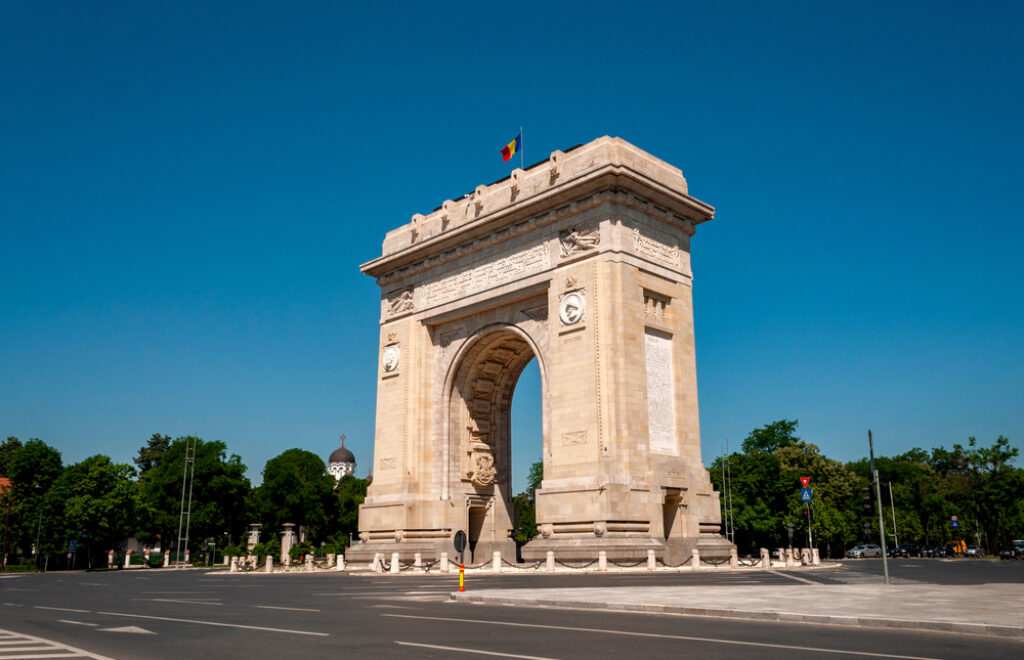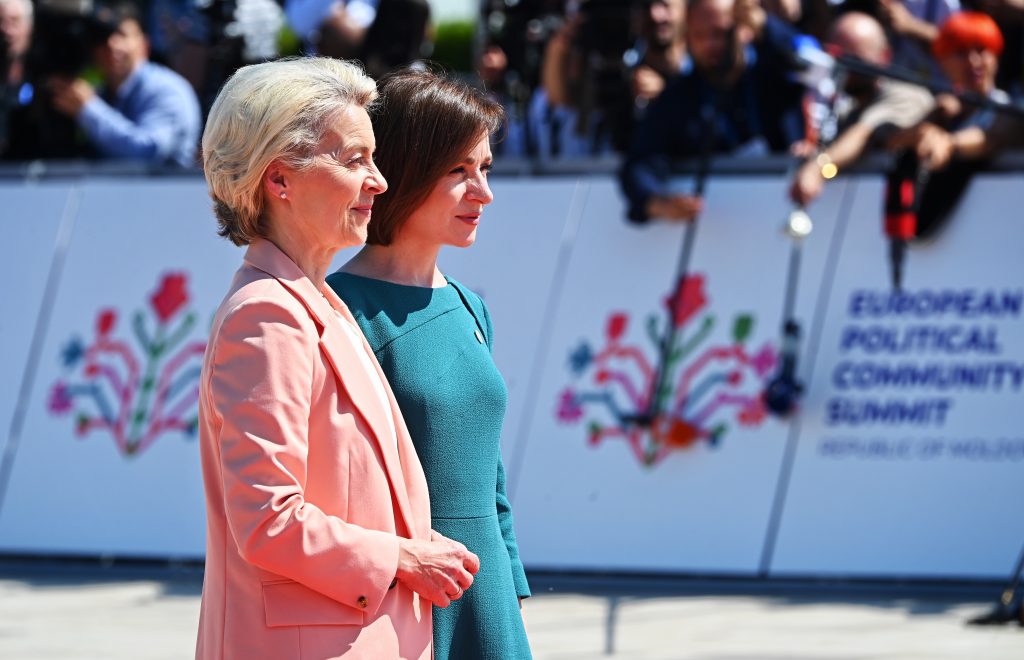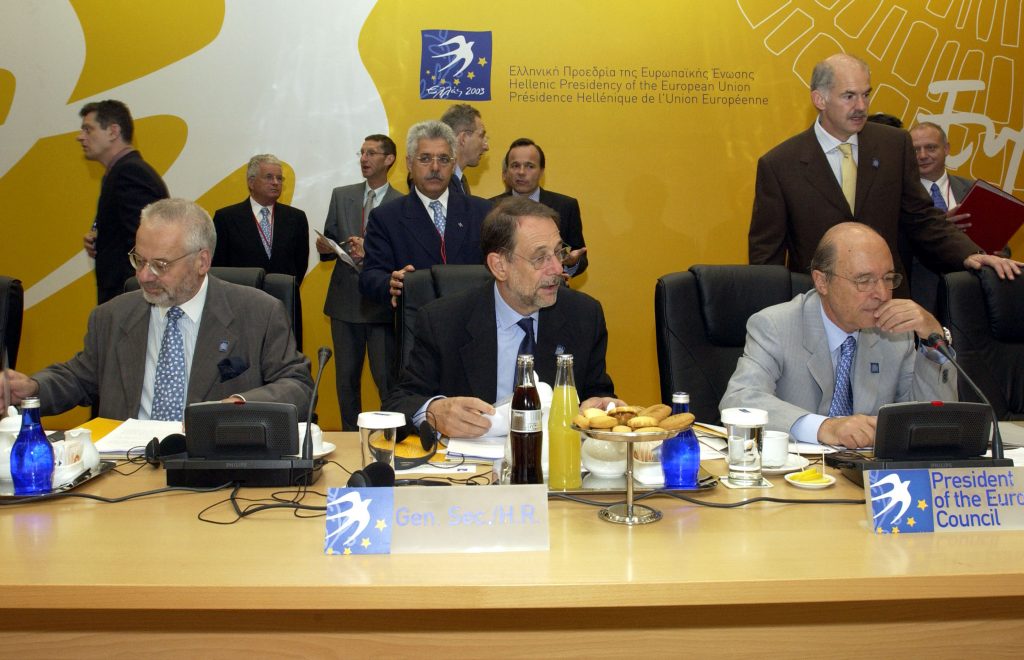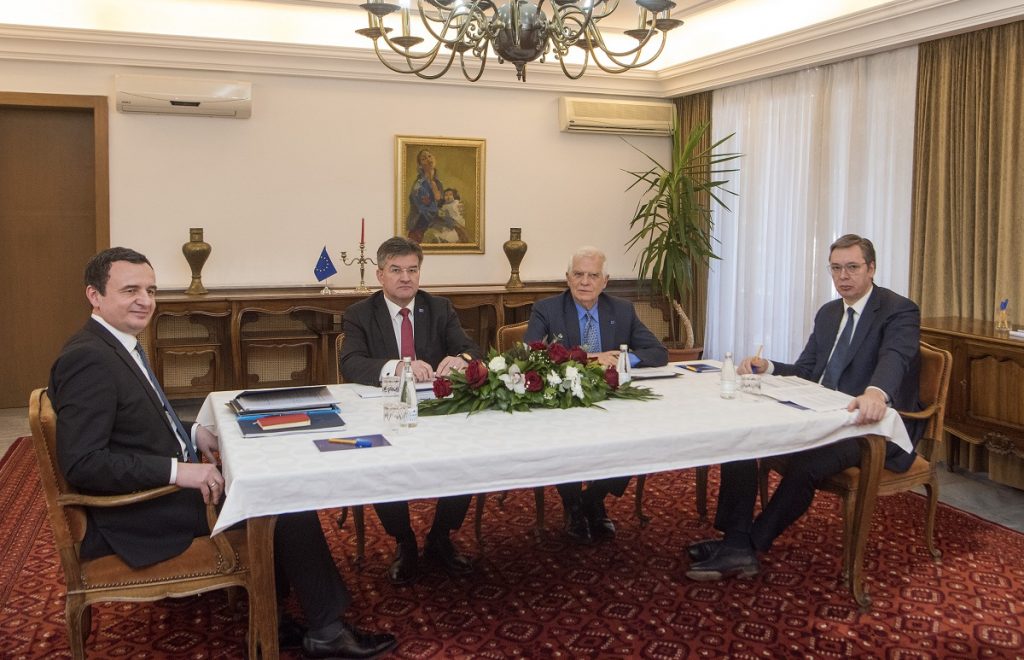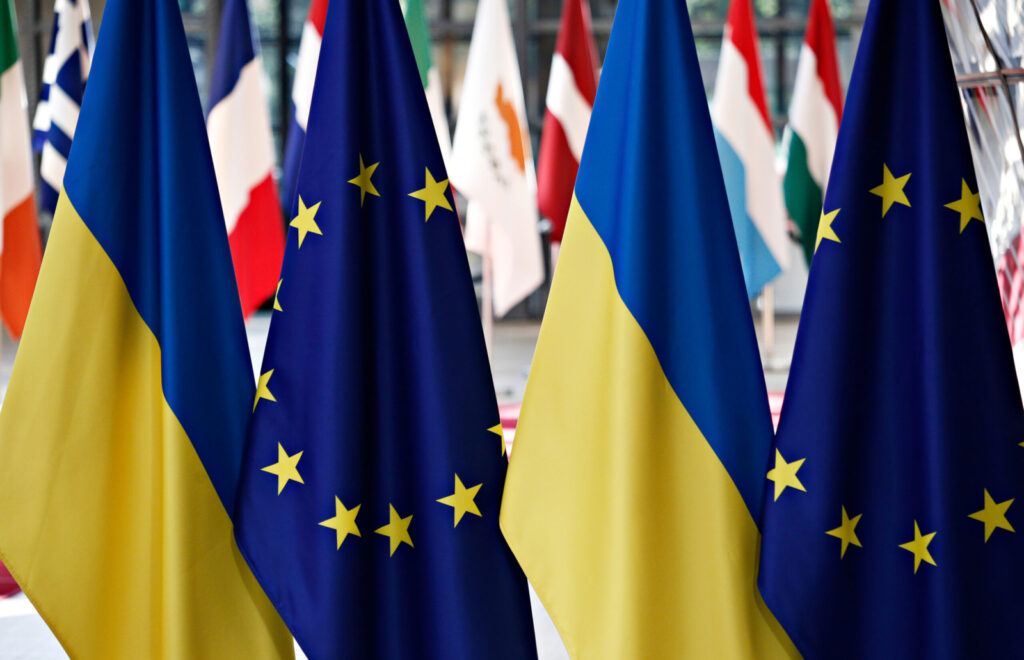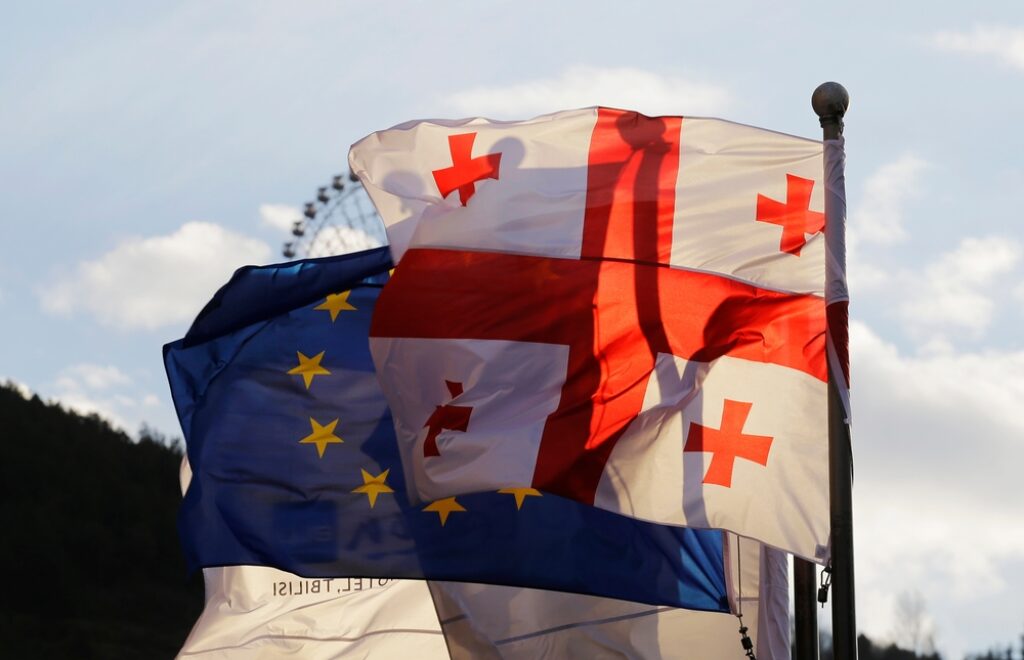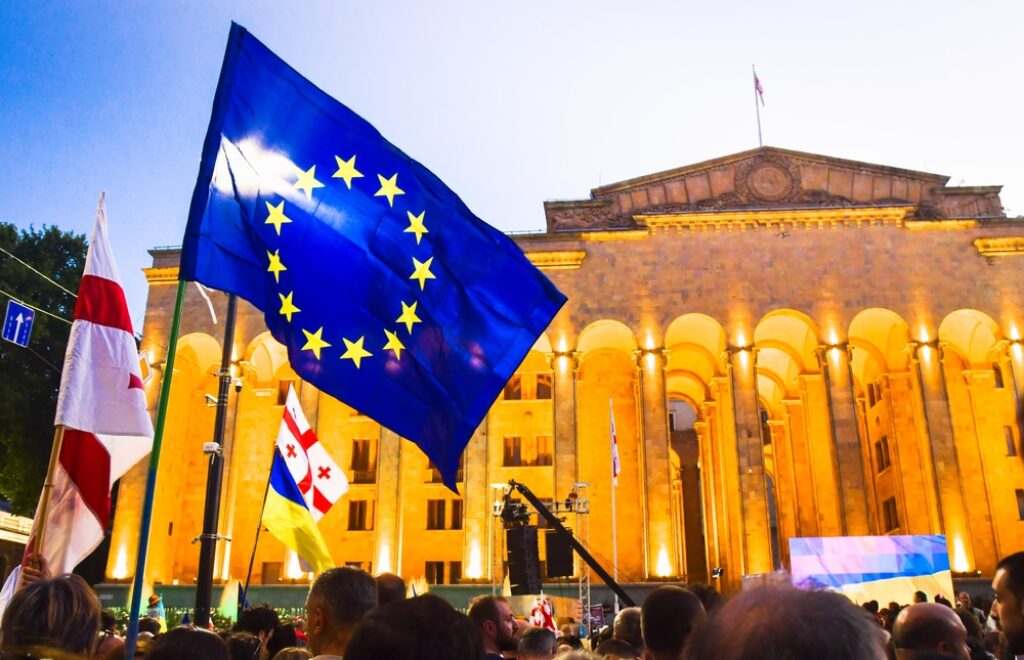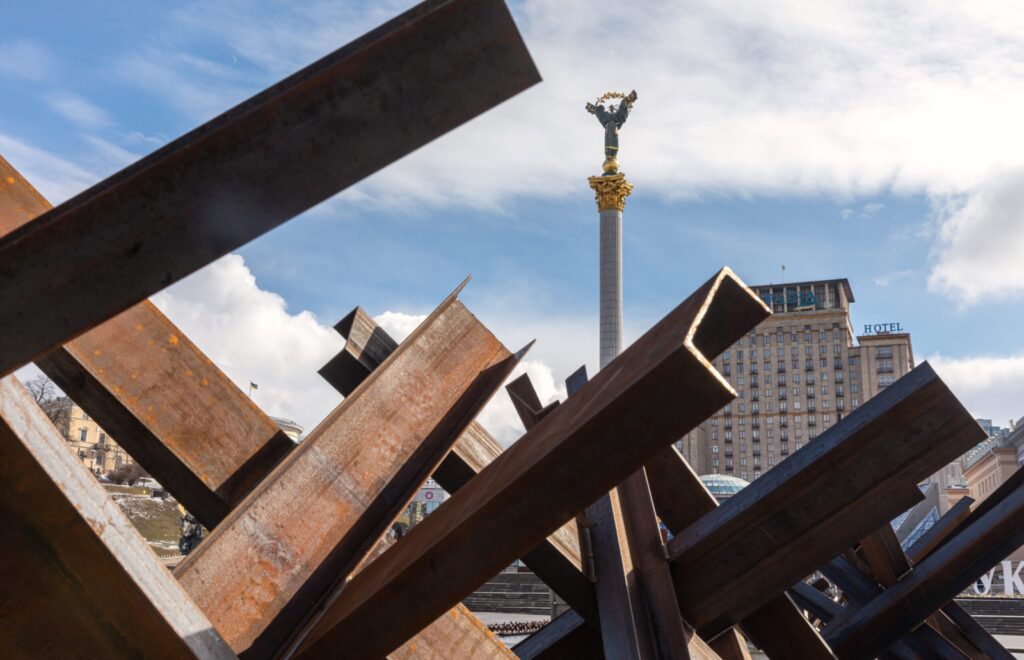Minority communities and their future in Ukraine – the case of Roma
Ukraine is home to more than 100 national minorities and communities. Members of these communities are victims of Russia’s full-scale aggression just as much as the members of the majority population. The communities in Ukraine also participate in defending Ukraine against the Russian aggressors. Crimean Tatars, Greeks, Hungarians, Roma, Koreans, Romanians, Moldavians, and individuals from various other communities are fighting on the frontline. They often stand together with Jews and Muslims, who are defending the country alongside their Christian and Atheist neighbours.
April 11, 2024 - Natali Tomenko Stephan Müller Volodomyr Yakovenko



